Home Remedies For Food Poisoning: 9 Fast-Acting Natural Cures
Treat your upset stomach with simple, effective, and readily available remedies.

Image: Shutterstock
Those who love trying new food options wherever they go may have a higher risk of food poisoning. The culprits behind food poisoning are diverse, ranging from bacteria like Salmonella and E. coli to viruses like Norovirus and parasites. Understanding the causes is key to preventing and treating this condition effectively. However, such an incident doesn’t have to stop experimenting with new cuisines. We are here to help you with some home cures for food poisoning that can help you recover faster. Food poisoning is often accompanied by bouts of loose motions, nausea, vomiting, abdominal pain, and dehydration. Hence, it is important to keep yourself well-rested and hydrated till you recover. The following home remedies for food poisoning may possibly accelerate your recovery. Check them out.

In This Article
What Is Food Poisoning?
When you ingest contaminated, expired, or toxic food, it often leads to food poisoning, also known as foodborne illness. It is usually characterized by nausea, vomiting, and diarrhea.
According to a survey by Centres For Diseases Control And Prevention, approximately 48 million people fall sick due to foodborne diseases. About 128,000 patients require hospitalization and the annual number of deaths amounts to 3000 per year. Most of these domestically acquired foodborne diseases are caused by 31 known pathogens such as Salmonella, Norovirus, or Staphylococcus bacteria.
Food poisoning must be treated before it turns life-threatening. If you have had food poisoning, try the natural treatments for food poisoning symptoms listed below to accelerate your recovery.
Key Takeaways
- Eating expired or contaminated food may lead to food poisoning.
- Cramps, loss of appetite, fever, weakness, and headache are a few symptoms of food poisoning.
- Apple cider vinegar, garlic, honey, essential oils, grapefruit seed extract, ginger, and basil are proven to be effective food poisoning remedies.
- Consume electrolyte drinks and bland food like bananas and egg whites to help with food poisoning.
- Avoid eating or drinking anything that might be harsh on your stomach like alcohol, caffeine, spicy foods, dairy products, and fatty or fried foods.
Home Remedies To Treat Food Poisoning
1. Apple Cider Vinegar
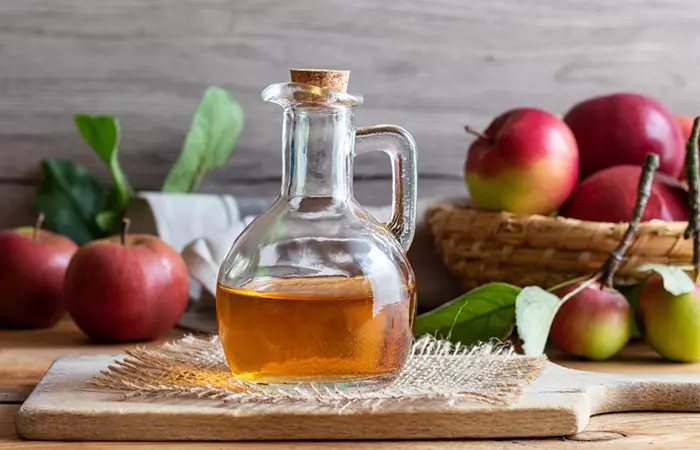
Whether you are looking for how to get rid of indigestion or food poisoning, ACV is a popular and effective home remedy. The antibacteriali A substance that kills or prevents bacteria from growing and spreading. They can be found in the form of soaps and disinfectants also. properties of apple cider vinegar are very effective against foodborne pathogenic bacteriai A bacteria that can enter the body and cause harmful diseases. It is caused when the body’s immune system is already affected by a virus. like Escherichia coli (1), (2). On a similar note, a blogger shared how consuming it helped ease symptoms of food poisoning. In one of his blog posts, he writes, “I felt much better within 30 minutes of taking 2 spoons of apple cider vinegar (i).” He adds, “ACV [is] hard to swallow and even though I would not mind taking it straight, others might want to add honey to protect their throat if anything.”
You Will Need
- 1-2 tablespoons of raw, unfiltered apple cider vinegar
- 1 glass of warm water
What You Have To Do
- Add one to two tablespoons of apple cider vinegar to a glass of water.
- Mix well and consume immediately.
How Often You Should Do This
Drink this 2 to 3 times daily.
2. Essential Oils
a. Oregano Oil
Oregano essential oil
can work wonders in treating food poisoning. It contains compounds like carvacrol and thymol that impart excellent antimicrobiali A substance that can kill or stop the growth of microorganisms that can lead to infections. Antibiotics, antivirals, antifungals, and antiparasitics are all types of antimicrobials properties to it and help eliminate the pathogens responsible for food poisoning (3), (4).
You Will Need
- 1 drop of food-grade oregano oil
- 2 oz of water
What You Have To Do
- Add a drop of oregano oil to 2 oz of water and mix well.
- Consume this solution.
How Often You Should Do This
Drink this 1 to 2 times daily until you see an improvement in the symptoms.
b. Thyme Oil
Thyme oil contains compounds like thymol, carvacrol, and linalool that have antimicrobial and antiparasitici Drugs or a group of medicines used to treat parasitic diseases that are a result of infections spread by various types of parasites. properties (5). Hence, it can be an effective natural treatment for various foodborne illnesses.
You Will Need
- 1 drop of thyme oil
- 1 glass of water
What You Have To Do
- Add a drop of thyme oil to a glass of water.
- Mix well and consume this.
How Often You Should Do This
Drink this solution 1 to 2 times daily.
3. Ginger With Honey
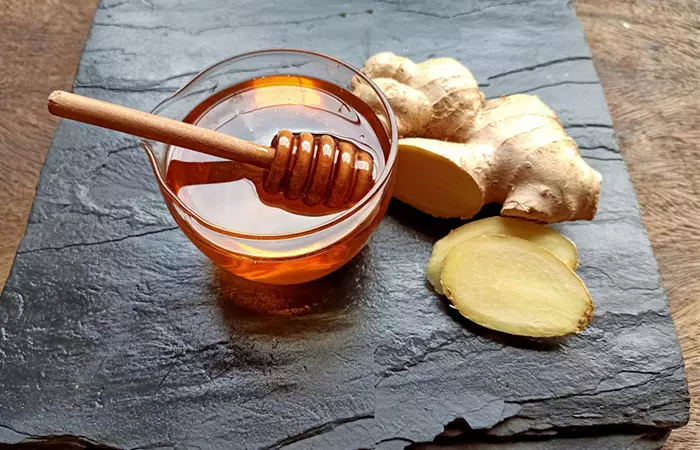
One of the most prevalent symptoms of food poisoning is vomiting. Ginger and honey are natural treatments for those wondering how to stop vomiting or feeling nauseous. Ginger is a commonly used home remedy for digestive issues and various ailments. Mice studies showed that it might be effective in supplementing the clinical treatment of E.coli diarrhea (6). Ginger can also improve the absorption of essential nutrients that can aid digestion. Raw honey exhibits antimicrobial and digestion properties that can speed up your recovery. Both ginger and honey can relieve nausea and vomiting which are the usual symptoms of foodborne illnesses (7), (8).
You Will Need
- 1 to 2 inches of sliced ginger root
- 1 cup of water
- Honey
What You Have To Do
- Add the ginger to a cup of water and bring it to a boil in a saucepan.
- Simmer for 5 minutes and strain.
- Let the tea cool a little before adding some honey to it.
- Consume it immediately.
- You can also mix a few drops of ginger juice with honey and consume it.
- As a quick fix, you may also chew on small pieces of ginger.
How Often You Should Do This
Drink this tea at least 3 times daily until your symptoms subside.
4. Garlic
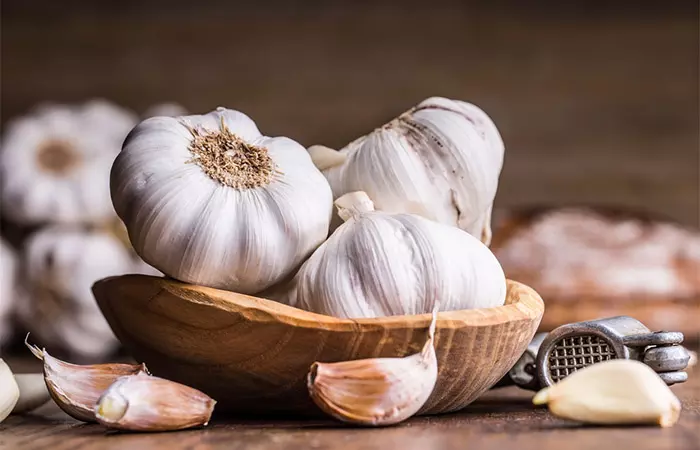
Garlic has powerful antibacterial, antiviral, and antifungal properties that can help destroy the foodborne pathogens (9), (10). It can also relieve diarrhea and stomach pain.
You Will Need
2-3 peeled garlic cloves
What You Have To Do
- Chew on the garlic cloves.
- Alternatively, you can also mince some garlic and consume it with honey.
How Often You Should Do This
Consume garlic at least once daily until you obtain relief.
5. Grapefruit Seed Extract
Grapefruit seed extract contains polyphenolsi Naturally occurring compounds in plants, vegetables, and flowers that are healthy and filled with antioxidants. that help inhibit the activity and growth of bacteria causing foodborne illnesses
(11). These properties fight the pathogens responsible for food poisoning and aid in faster recovery. This home remedy for bacterial infection works like a charm.
You Will Need
- 8-10 drops of grapefruit seed extract
- 1 glass of water
What You Have To Do
- Add a few drops of grapefruit seed extract to a glass of water and mix well.
- Consume this solution daily.
How Often You Should Do This
Drink this 3 times daily for 3 to 5 days.
6. Lemon Juice
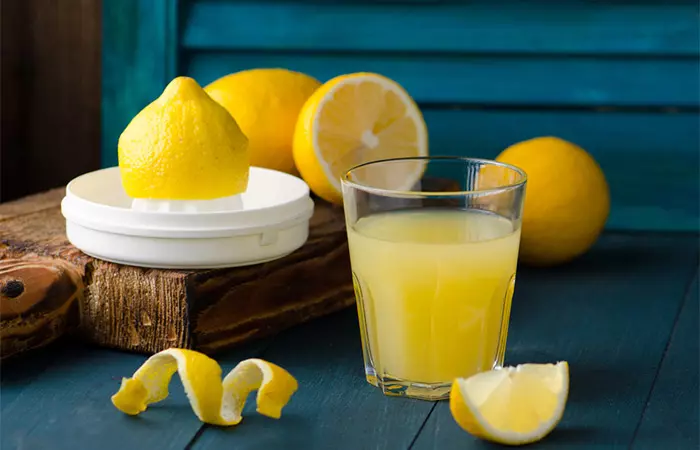
Lemon juice is a rich source of antioxidants that improve the overall healing of your body. It exhibits exceptional bactericidal activities that can help combat the bacterial pathogens responsible for causing food poisoning (12).
You Will Need
- 1/2 lemon
- 1 glass of water
- Honey (optional)
What You Have To Do
- Extract the juice from half a lemon and mix it with a glass of water.
- Add some honey for flavor and consume.
How Often You Should Do This
You can drink lemon juice 2 to 3 times daily.
7. Basil
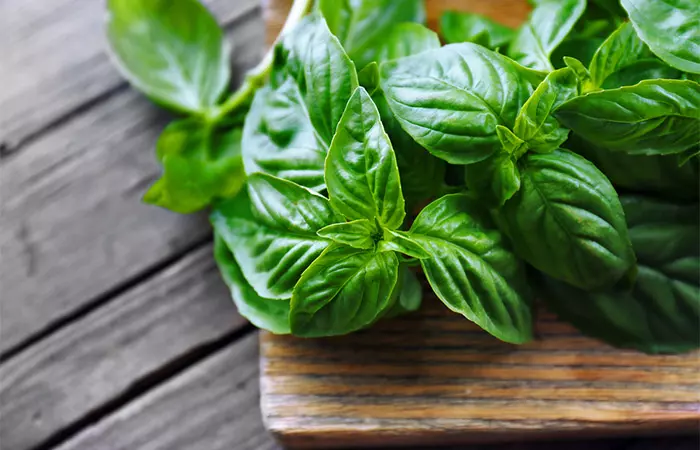
a. Basil With Honey
Basil is an herb known to kill foodborne pathogens with its excellent antimicrobial properties (13). It can also calm your stomach and reduce the symptoms associated with food poisoning. The combination of basil and honey is one of the best home remedies for an upset stomach.
You Will Need
- Basil leaves
- Honey
What You Have To Do
- Crush some basil leaves and extract the juice.
- Mix a teaspoon of honey with a teaspoon of basil extract and consume immediately.
- Alternatively, you can also add a drop of basil oil to a cup of water and consume it.
How Often You Should Do This
Do this 3 to 4 times daily.
b. Holy Basil With Cardamom
The antimicrobial properties of holy basil (tulsi) help eliminate the microbes that cause food poisoning (14). The combination of tulsi and cardamom, one of the home treatments for nausea and vomiting as well as diarrhea work wonders in alleviating them.
You Will Need
- 3-4 holy basil (tulsi) leaves
- 1 cardamom (elaichi)
What You Have To Do
- Chew on the basil leaves along with cardamom.
- Alternatively, you can mix basil extract with cardamom powder and consume a teaspoon of it.
How Often You Should Do This
Consume this immediately after you experience the symptoms of food poisoning.
8. Vitamin C
Vitamin C is an antioxidant. Test-tube studies show that it can help eliminate bacteria and toxins from your body (15). Hence, its intake can help you manage the symptoms of food poisoning. If you do not want to take additional supplements, you can increase your consumption of vitamin C-rich foods
You Will Need
1000 mg vitamin C supplements (or as directed by your doctor)
What You Have To Do
Consume 1000 mg of vitamin C supplements after consulting your doctor.
How Often You Should Do This
You can continue taking this 3 to 4 times daily if your symptoms don’t improve after the initial treatment.
 Trivia
Trivia9. Bananas
Bananas are popular home remedies for gastroenteritis and diarrhea. They form a part of the BRAT diet, which is recommended for people struggling with these ailments (16). They replenish the lost potassium in your body, which, in turn, re-energizes you and helps alleviate the symptoms of food poisoning.
You Will Need
Bananas
What You Have To Do
- Have a banana daily.
- You can also blend some bananas with milk and consume it daily.
How Often You Should Do This
You can do this 2 to 3 times a day.
Once you have succeeded in combating food poisoning using these remedies, you must be cautious about what you eat and drink. Here is a list of foods and drinks you can consume.
 Fun Fact
Fun FactWhat To Eat After Food Poisoning
Do not eat or drink anything for a few hours after experiencing food poisoning symptoms like vomiting and diarrhea.
After a few hours, you can start consuming the following foods/drinks to overcome weakness:
- Sports drinks contain electrolytes to keep you well-hydrated. However, steer clear of drinks that contain too much sugar and caffeine. Opt for natural remedies for electrolyte imbalance.
- Broths
- Bland foods that are gentle on your stomach like bananas, cereals, egg whites, and oatmeal.
- BRAT diet that consists of bananas, rice, applesauce, and toast.
- Fermented foods like cultured vegetables and kimchi.
- Foods fortified with probiotics like yogurt.
Now that you know which foods to eat after food poisoning, let us look at the foods/drinks that you need to avoid.
What To Avoid Eating When You Have Had Food Poisoning
Getting rid of the food that was the probable cause of food poisoning tops the list. One should avoid eating or drinking anything that could be harsh on the stomach. List of foods to avoid after food poisoning includes:
- Alcohol
- Caffeine
- Spicy foods
- Dairy products
- Fatty or fried foods
- Nicotinei An addictive substance found in the tobacco plant that causes a rush of endorphins and increases the level of dopamine.
- Seasoned and processed foods
Mild to moderate cases of food poisoning can be easily treated at home if you follow the remedies and tips discussed in this article. However, severe cases might need medical attention.
Most cases of food poisoning are caused due to any of the factors listed below.
What Causes Food Poisoning?
The most common causes of food poisoning are:
- Bacteria: Salmonella bacteria are the most common cause of food poisoning, especially from foods like eggs, mayonnaise, and chicken that are not properly cooked. E. coli are also known to cause food poisoning from foods like salads. Campylobacter and C. botulinum are the other bacteria that can prove to be quite lethal.
- Viruses: Norovirus, also known as the Norwalk virus, is responsible for over 19 million cases of food poisoning every year. Other less common viruses that can cause food poisoning are sapovirus, rotavirus, and astrovirus. Hepatitis A virus can also be transmitted via food.
- Parasites: Food poisoning caused by parasites is less common but can prove to be fatal. Toxoplasma gondii is the parasite most commonly associated with food poisoning, and it is found in cat litter boxes. Parasites can remain undetected for years, but in people with weak immunity, they can lead to serious side effects. Pregnant women are at an increased risk of food poisoning by parasites.
 Quick Tip
Quick TipSigns And Symptoms Of Food Poisoning
Food poisoning has the following symptoms:
- Abdominal pain or cramps
- Loss of appetite
- Fever
- Fatigue and weakness
- Headache
However, these symptoms are common in stomach flu, also caused by viruses. Learn about the differences between food poisoning and a stomach flu, in the next section.
Food Poisoning Vs. Stomach Flu
Food poisoning is caused by consuming contaminated food or water, often due to harmful bacteria, viruses, or parasites. Its onset is usually rapid (a few hours) and linked to the specific food consumed. A stomach flu, or viral gastroenteritis, is an infection caused by viruses such as norovirus or rotavirus (17), (18). It takes from 24-72 hours to show any symptoms. Both share similar symptoms such as vomiting, diarrhea, and nausea. You mqy recover from the flu in 2-5 days while food poisoning is resolved 24-48 hours after its onset (18), (19).
Thankfully, there are some tips you can follow to prevent food poisoning from occurring. Check out the next section to know more.
Prevention Tips
- Always wash your hands properly before preparing food and after using the bathroom or handling raw meat or poultry.
- Cook food to the correct temperature to kill harmful bacteria. Use a food thermometer to ensure proper cooking.
- Avoid cross-contamination by keeping raw and cooked foods separate. Use different cutting boards and utensils for each.
- Refrigerate perishable foods promptly to slow bacterial growth.
- Clean kitchen surfaces regularly with hot, soapy water to eliminate bacteria.
- Reheat leftovers to a temperature of 165°F (74°C) to kill any bacteria that may have developed.
- Drink safe water, either bottled or boiled tap water.
- Practice good hygiene by avoiding touching your face or mouth with unwashed hands.
- Check expiration dates on food products and discard expired items.
- Wash fruits and vegetables thoroughly to remove pesticides and bacteria.
- If you are heading out to each, check the restaurants health and safety standards and if any recent health inspections have been conducted there.
Infographic: Easily Available Remedies For Food Poisoning
The symptoms of food poisoning can take a toll on your health and energy. There are many ways to treat these symptoms and regain your energy. However, not all of them will be readily available when you get food poisoning. Therefore, check out the infographic below to learn more about how to treat food poisoning at home.
Some thing wrong with infographic shortcode. please verify shortcode syntax
Food poisoning is caused by food-borne pathogens like E. coli after eating stale or toxic food. It causes symptoms like dehydration, diarrhea, abdominal pain, and fatigue. You can certainly try some home treatments for food poisoning as they have been proven to be effective. Ingredients like apple cider vinegar, honey, essential oils, ginger, garlic, grapefruit seed extract, and basil have neutralizing effects on bacteria, viruses, and parasites responsible for food poisoning. While undergoing these remedies, drink electrolyte drinks to keep yourself hydrated and consume bland foods (banana, egg whites) that are easy on the stomach.
Frequently Asked Questions
What is the best medicine for food poisoning?
Most cases of food poisoning are mild and can be easily treated by using home remedies and keeping yourself hydrated. Use ginger or apple cider vinegar for quick relief.
How long does food poisoning last?
There are more than 250 types of food poisoning, which are caused by different factors. Hence, the duration and food poisoning recovery time depends on the cause of poisoning, the amount of contaminated food you ingested, and the severity of the symptoms. Mild cases of food poisoning usually last for a day or two.
Does food poisoning give you a fever?
Yes, mild fever is one of the symptoms of food poisoning. Severe cases of food poisoning are known to cause high fever.
Does rice cause food poisoning?
Yes, eating raw or undercooked rice containing Bacillus cereus spores may result in food poisoning. That is why it is important to serve and consume rice as soon as it is cooked.
Do showers help with food poisoning?
Taking a shower might help you rid your body of harmful bacteria brought on by food poisoning. However, there is no scientific evidence to prove the same.
Can bread give you food poisoning?
Yes, but only if the bread is contaminated with a toxic substance, bacterium, fungus, or virus that could result in food poisoning. Mold forming on the surface of bread is the first indication that it has gone bad. Depending on the spores present in the food, this mold can be green, white, or black.
What is the difference between a stomach bug and food poisoning?
The key distinction between a stomach bug and food poisoning is the source of infection. Viral infection often causes a stomach bug, whereas bacteria or parasites cause food poisoning. The development of symptoms is the other big difference – food poisoning can develop just hours after consuming tainted food. On the other hand, a stomach bug may develop symptoms several days after infection.
Illustration: Home Remedies For Food Poisoning + Causes And Prevention
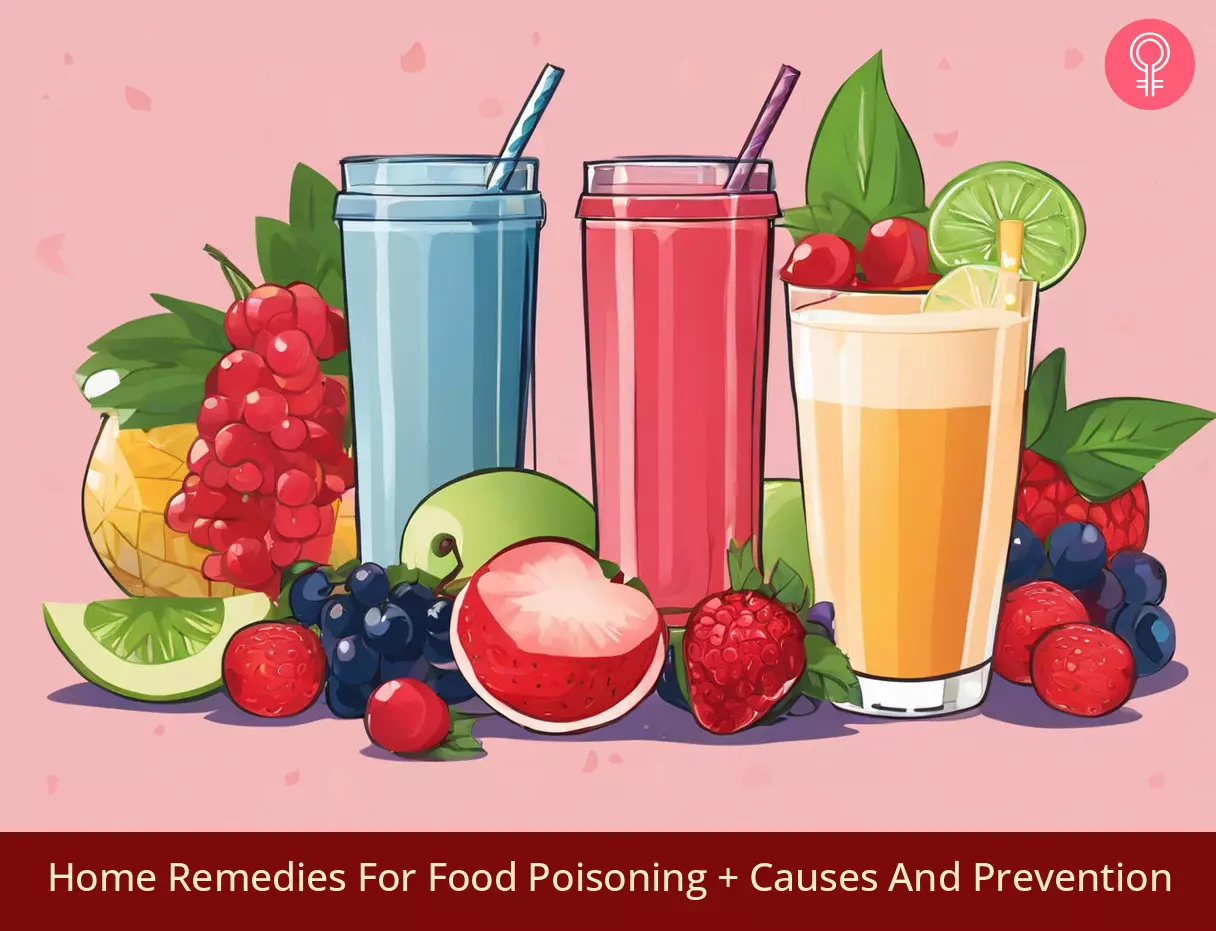
Image: Stable Diffusion/StyleCraze Design Team
Check out the video below and learn how to treat food poisoning with simple home remedies! Get tips on how to quickly and safely recover from food poisoning without much hassle.
Personal Experience: Source
StyleCraze's articles are interwoven with authentic personal narratives that provide depth and resonance to our content. Below are the sources of the personal accounts referenced in this article.
i. Simple and very effective remedy for Food poisoning!http://goodhealthdiva.blogspot.com/2011/01/simple-and-very-effective-remedy-for.html?m=0
References
Articles on StyleCraze are backed by verified information from peer-reviewed and academic research papers, reputed organizations, research institutions, and medical associations to ensure accuracy and relevance. Read our editorial policy to learn more.
- Antibacterial action of vinegar against food-borne pathogenic bacteria including Escherichia coli O157:H7, Journal of Food Protection, US National Library of Medicine, National Institutes of Health.
https://pubmed.ncbi.nlm.nih.gov/9713753/ - Antimicrobial activity of apple cider vinegar against Escherichia coli, Staphylococcus aureus and Candida albicans; downregulating cytokine and microbial protein expression, Scientific Reports, US National Library of Medicine, National Institutes of Health.
https://pubmed.ncbi.nlm.nih.gov/29379012/ - Antibacterial and Antifungal Activities of Spices, International Journal of Molecular Sciences, US National Library of Medicine, National Institutes of Health.
https://www.ncbi.nlm.nih.gov/pmc/articles/PMC5486105/ - Efficacy of plant essential oils against foodborne pathogens and spoilage bacteria associated with ready-to-eat vegetables: antimicrobial and sensory screening, Journal of Food Protection, US National Library of Medicine, National Institutes of Health.
https://pubmed.ncbi.nlm.nih.gov/18810868/ - Antimicrobial activity of plant essential oils against bacterial and fungal species involved in food poisoning and/or food decay, Roumanian Archives of Microbiology and Immunology, US National Library of Medicine, National Institutes of Health.
https://pubmed.ncbi.nlm.nih.gov/21462837/ - Ginger and Its Bioactive Component Inhibit Enterotoxigenic Escherichia coli Heat-Labile Enterotoxin-Induced Diarrhea in Mice, Journal of Agricultural and Food Chemistry.
https://pubs.acs.org/doi/pdf/10.1021/jf071460f - Ginger in the prevention of nausea and vomiting: a review, Critical Reviews in Food Science and Nutrition, US National Library of Medicine, National Institutes of Health.
https://www.ncbi.nlm.nih.gov/pubmed/23638921 - Effect of dietary honey on intestinal microflora and toxicity of mycotoxins in mice, BMC Complementary and Alternative Medicine, US National Library of Medicine, National Institutes of Health.
https://www.ncbi.nlm.nih.gov/pmc/articles/PMC1431562/ - Investigating Antibacterial Effects of Garlic (Allium sativum) Concentrate and Garlic-Derived Organosulfur Compounds on Campylobacter jejuni by Using Fourier Transform Infrared Spectroscopy, Raman Spectroscopy, and Electron Microscopy ▿ †, Applied and Environmental Microbiology, US National Library of Medicine, National Institutes of Health.
https://www.ncbi.nlm.nih.gov/pmc/articles/PMC3147487/ - Antimicrobial properties of allicin from garlic, Microbes and Infection, US National Library of Medicine, National Institutes of Health.
https://pubmed.ncbi.nlm.nih.gov/10594976/ - TGrape Seed Extract Inhibits the Growth and Pathogenicity of Staphylococcus Aureus by Interfering With Dihydrofolate Reductase Activity and Folate-Mediated One-Carbon Metabolism, International Journal of Food Microbiology, US National Library of Medicine, National Institutes of Health.
https://pubmed.ncbi.nlm.nih.gov/20483185/ - Bactericidal activity of lemon juice and lemon derivatives against Vibrio cholerae, Biological & Pharmaceutical Bulletin, US National Library of Medicine, National Institutes of Health.
https://pubmed.ncbi.nlm.nih.gov/11041258/ - Antimicrobial properties of basil and its possible application in food packaging, Journal of Agricultural and Food Chemistry, US National Library of Medicine, National Institutes of Health.
https://pubmed.ncbi.nlm.nih.gov/12744643/ - Activity of Ocimum Sanctum (The Traditional Indian Medicinal Plant) Against the Enteric Pathogens, Indian Journal of Medical Sciences, US National Library of Medicine, National Institutes of Health.
https://pubmed.ncbi.nlm.nih.gov/12026506/ - Vitamin C inhibits staphylococcus aureus growth and enhances the inhibitory effect of quercetin on growth of Escherichia coli in vitro, Planta Medica, US National Library of Medicine, National Institutes of Health.
https://pubmed.ncbi.nlm.nih.gov/23059632/ - Bland Diet, StatPearls, US National Library of Medicine, National Institutes of Health.
https://www.ncbi.nlm.nih.gov/books/NBK538142/ - An outbreak of foodborne norovirus gastroenteritis linked to a restaurant in Melbourne, Australia, 2014
https://www.ncbi.nlm.nih.gov/pmc/articles/PMC5516399/ - Viral gastroenteritis
https://www.ncbi.nlm.nih.gov/pmc/articles/PMC8883799/ - Food poisoning and staphylococcus aureus enterotoxins
https://www.ncbi.nlm.nih.gov/pmc/articles/PMC3153270/
Read full bio of Dr. Millie Lytle
Read full bio of Shaheen Naser
Read full bio of Arshiya Syeda
Read full bio of Dipti Sharma








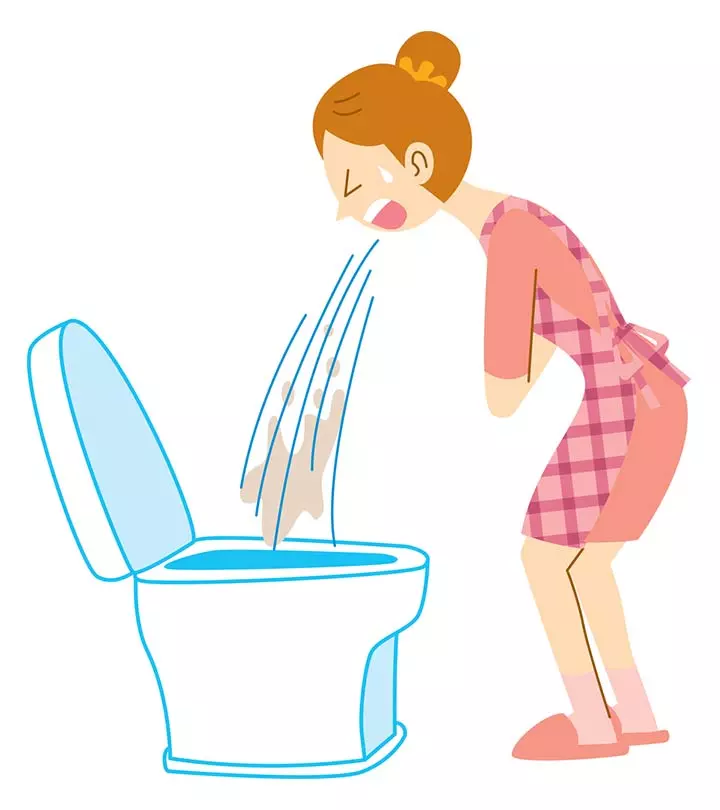
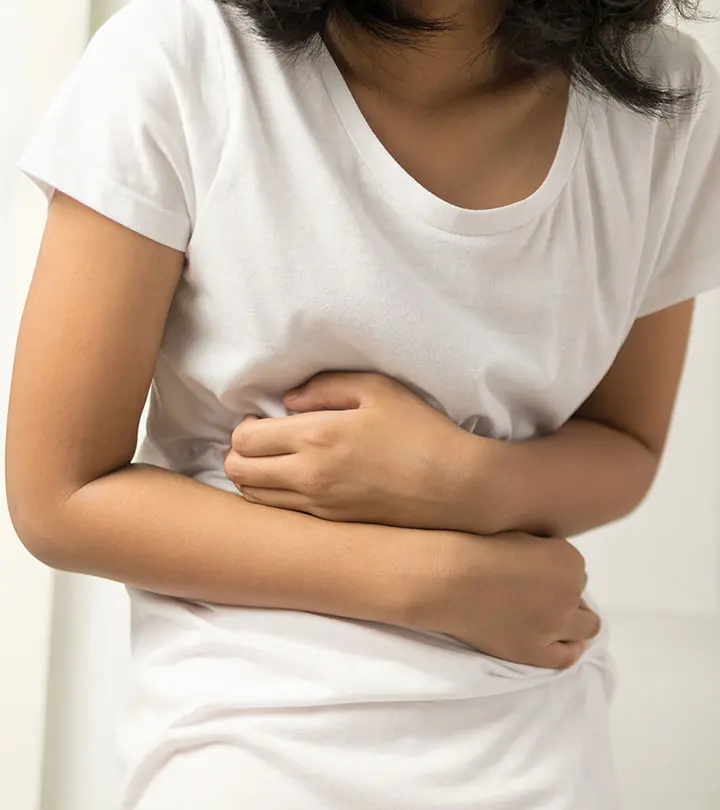

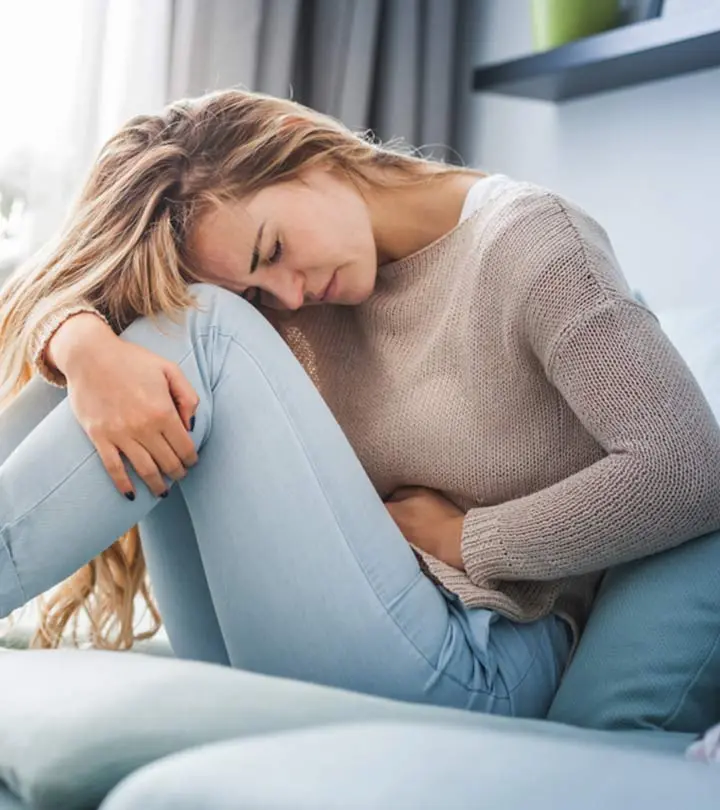



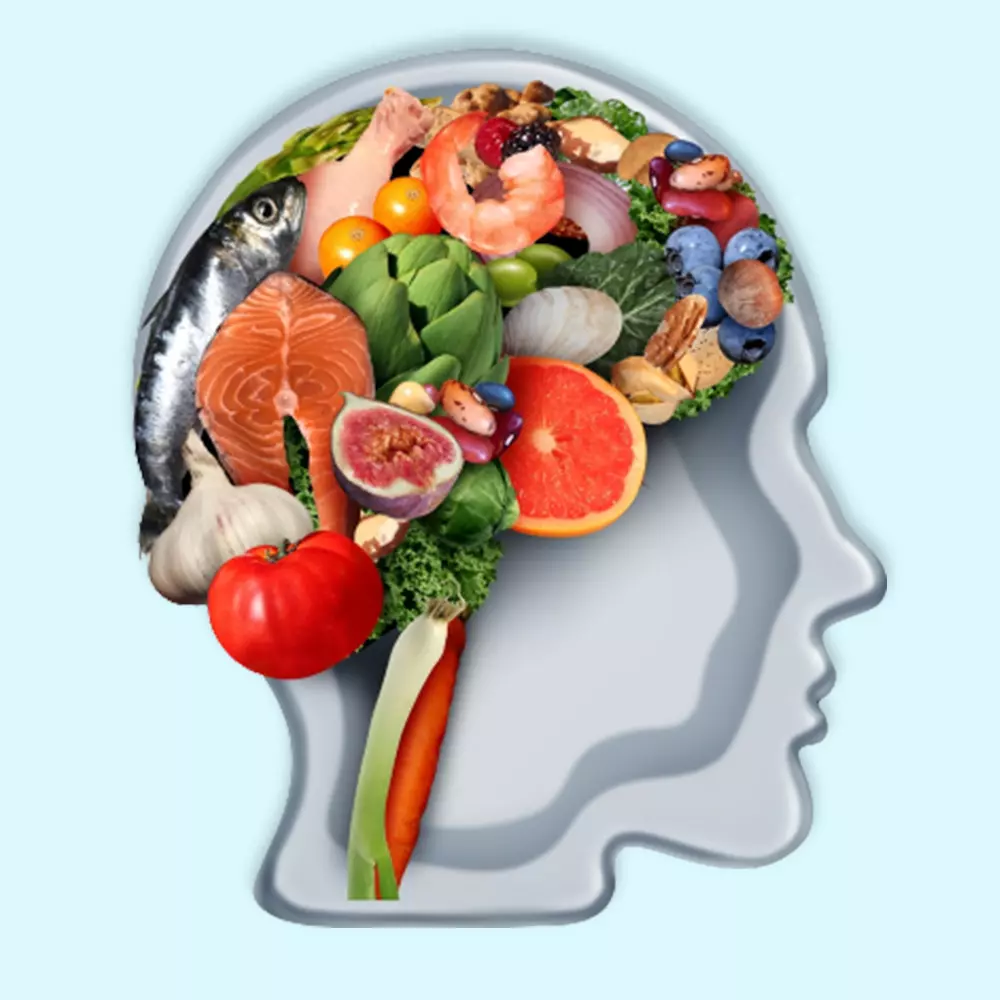
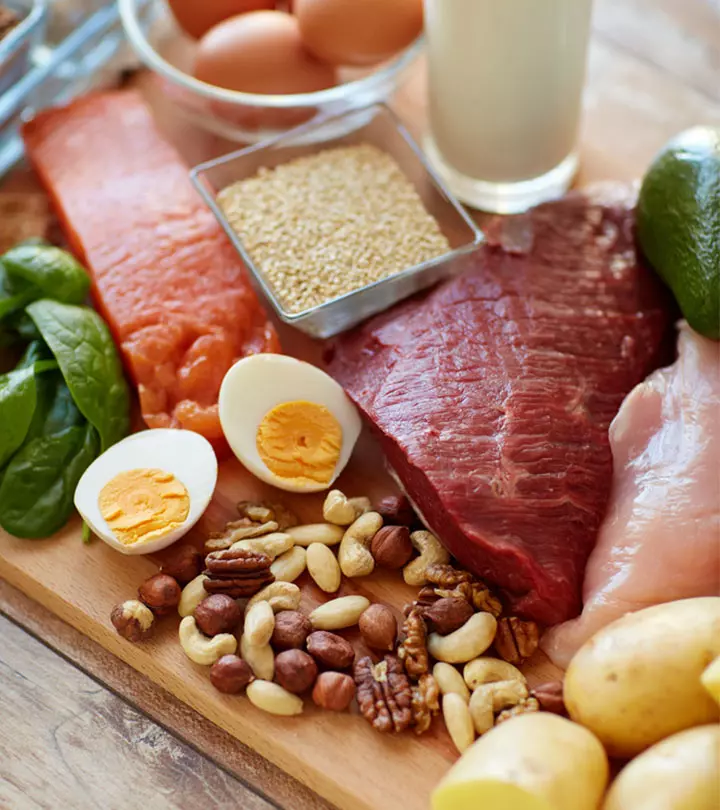





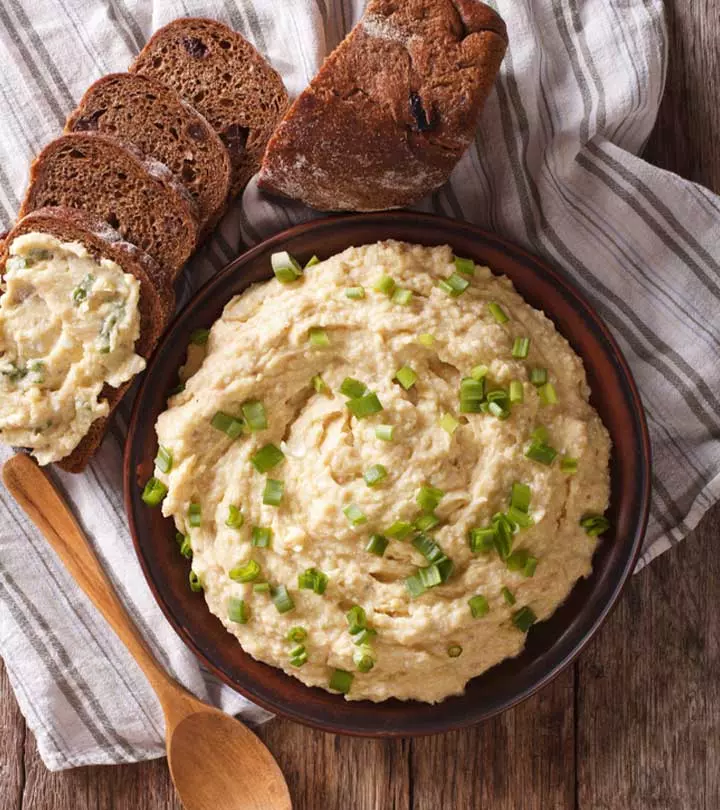


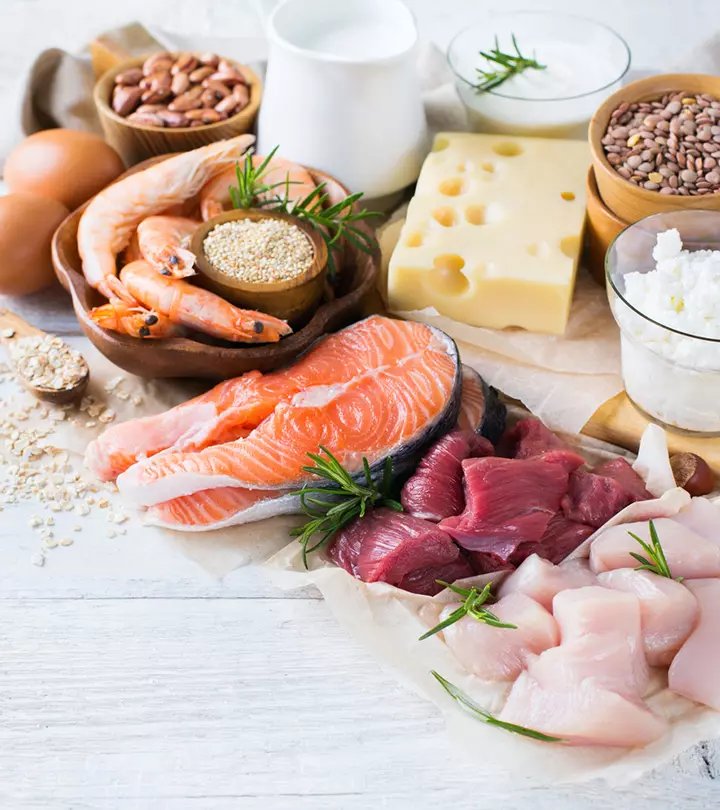
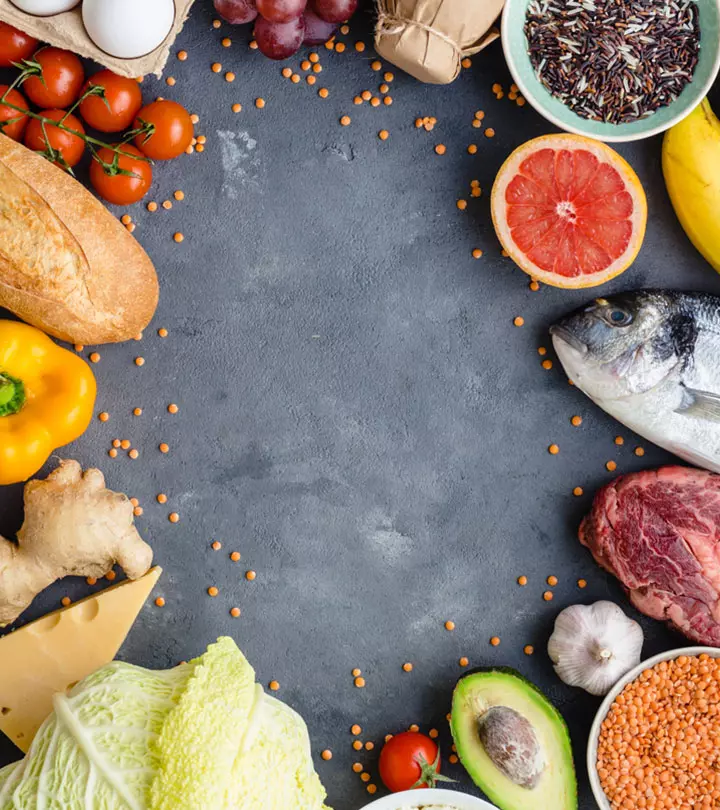
Community Experiences
Join the conversation and become a part of our empowering community! Share your stories, experiences, and insights to connect with other beauty, lifestyle, and health enthusiasts.